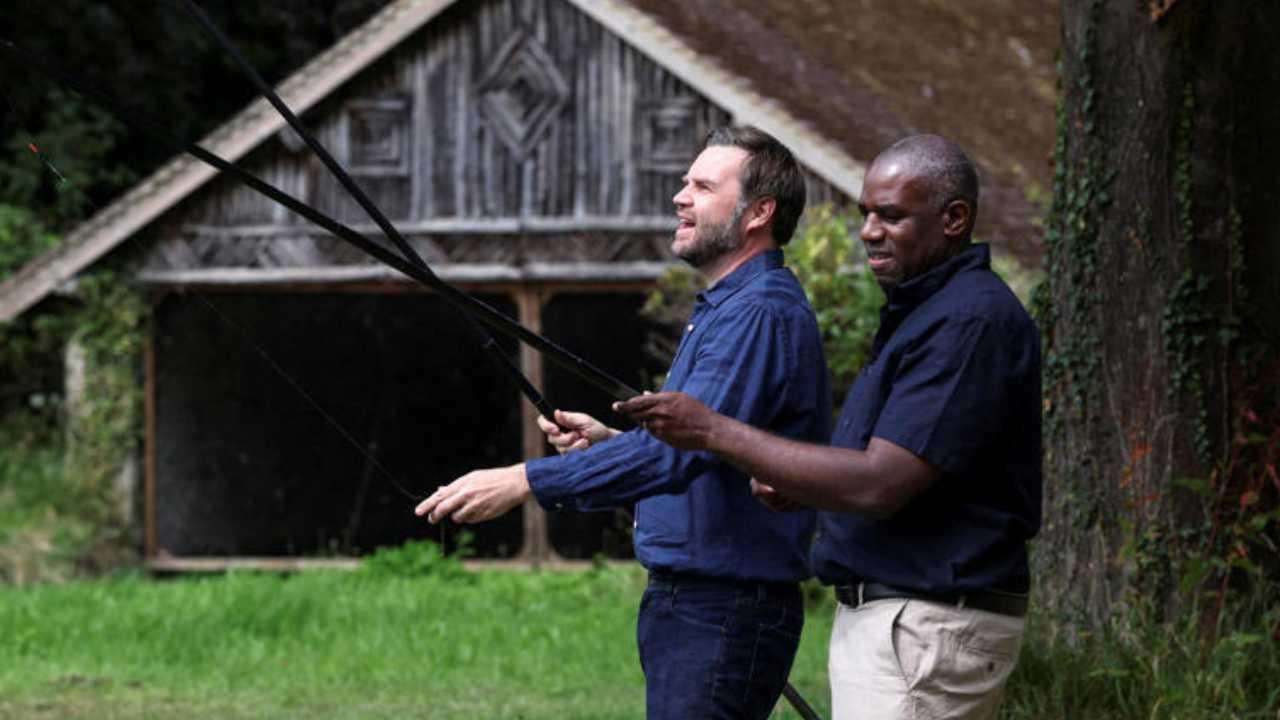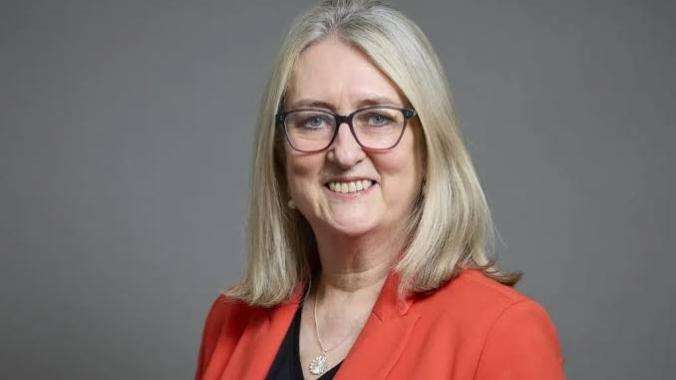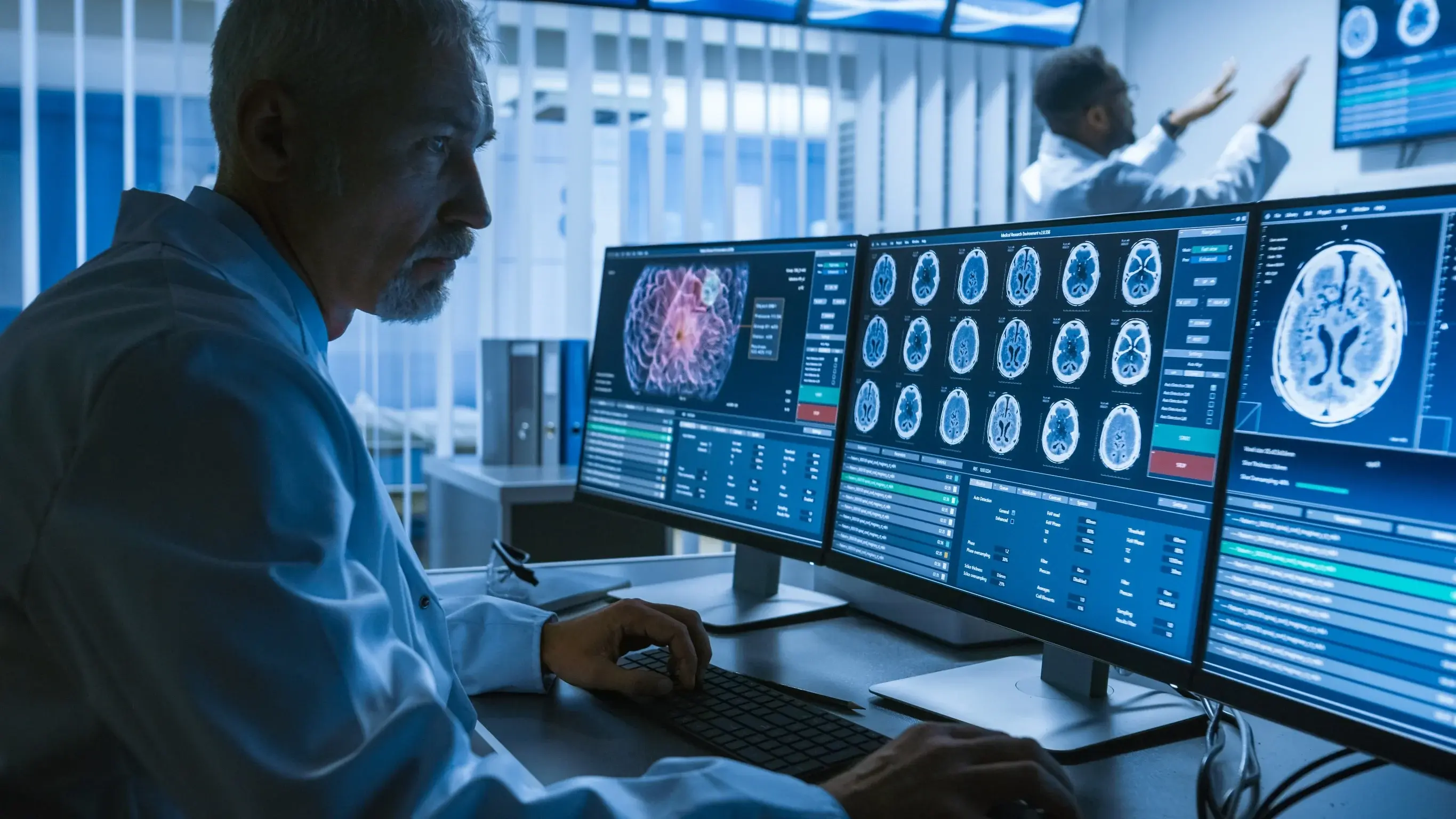NHS patients with neurological conditions in South Cumbria are left without access to a specialist doctor, The Telegraph reports.
The region now has no NHS neurologists, who specialize in brain, spine, and nervous system conditions, leaving elderly patients with conditions like Parkinson's and multiple sclerosis (MS) dependent on volunteers. Those awaiting diagnoses are unable to secure referrals.
Temporary neurology services from North Cumbria Integrated Care NHS Trust (NCIC) are set to end in March due to unsustainability. The situation arose after the neurologist working through Morecambe Bay NHS Trust left, exacerbating a staffing crisis.
The Lancashire and South Cumbria Integrated Care Board (ICB) stated it is working on an interim solution but acknowledged delays due to the complexity of the issue. Patients were informed in October about the withdrawal of services but have received no updates since, leaving them uncertain about future care.
This situation places patients with neurodegenerative diseases at risk of worsening health without regular specialist assessments to adjust treatment plans. Local GPs also face challenges referring new patients as neighboring providers are overwhelmed with demand.
NCIC patients face average waits of over 20 weeks, with some waiting more than a year. Lancashire Teaching Hospitals NHS Trust has the fourth-largest backlog in England, with over 7,000 patients waiting. The Walton Centre in Liverpool and Northern Care Alliance in Salford report 9,200 and 17,100 patients waiting, respectively.
Other providers in Manchester, Calderdale, and Airedale are over 100 miles away for some South Cumbria residents, compounding accessibility challenges.
‘Fantastic volunteers’
Frances Rand, 74, from Kendal in Cumbria, told The Telegraph that services in the area had been “gradually disappearing for two years”.
Mrs Rand, a retired teacher who was diagnosed with Parkinson’s in 2021, said: “It’s dreadful, if there were no oncologists or paediatricians in South Cumbria, there’d be uproar, wouldn’t there? But because it happens to be neurology, no one seems to really bother.”
She said she had tried to make an appointment at the Walton Centre in Liverpool – some 75 miles away – but was told she would need a new GP referral. The GP said it wouldn’t be covered financially as it was “outside of area”, she said.
For now Mrs Rand and fellow members of a local Parkinson’s UK group are reliant on “fantastic volunteers” and a specialist nurse.
“There will be such a backlog, even if they do manage to fill the post. So that was a bit of a joke, really.” she said.
“Some people are probably reasonably happy to carry on as they are, but there are a number of people who really do need to be seen because of a change of circumstance or because they want to change medication they are not happy with... and they have absolutely no one to talk to, because it’s only the neurologist who will change medication. The GPs are very reticent to do anything more than that without a neurologist’s say so.”
‘Left in limbo’
Georgina Carr, chief executive of the Neurological Alliance, said it was “a devastating blow for people with neurological conditions in the area”.
“Our member organisations are hearing from people who feel left in limbo – unsure about where and how much needed care will be delivered from April 2025. This is unacceptable.”
She added: “There simply isn’t the workforce in place to provide the timely treatment and care everyone should be entitled to.
“In the short-term, NHS England and Lancashire and South Cumbria ICB must urgently find an alternative provider, ensuring people can get the care they need and no-one has to face unreasonable travel or long waits.”
Some 90 NHS Trusts in England provide a specialist neurology service, but they are not evenly distributed across the country.
For example, there is just one provider in each of Dorset, Gloucestershire, Leicestershire, South Yorkshire and Lincolnshire, but there are 15 in London, six in West Yorkshire, and five in Surrey, analysis of ICB providers suggests.
Nationally almost a quarter of million people are waiting for an appointment, which is the third biggest backlog by speciality.
A spokesman for The Brain Charity said: “It’s important arrangements are made quickly and efficiently so that people with neurological conditions receive the level of service they should expect from our NHS.”




_1.jpg)



.svg)

